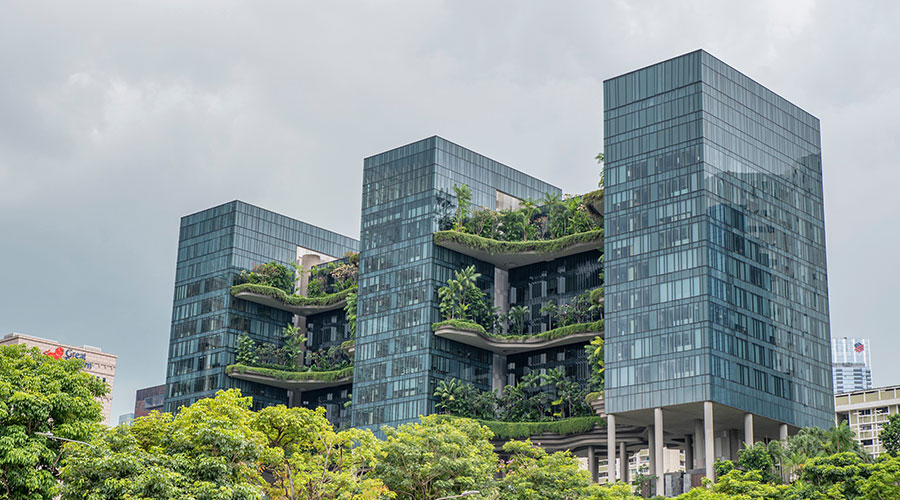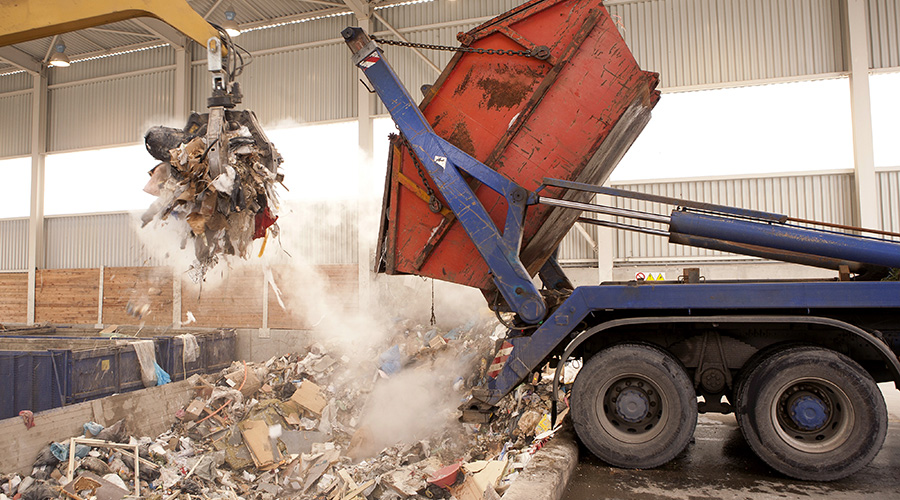Sustainability Recognized as Key But Misperceptions, Roadblocks Persist
Companies around the world see sustainability as business-critical and they are willing to pay a premium for it, according to a recent survey.
Companies around the world see sustainability as business-critical and they are willing to pay a premium for it, according to a recent survey.
For 79 percent of respondents, sustainability is a near-term business issue that’s important today, or will be in the next two years, the poll shows.
“These findings reinforce what we are hearing from clients every day: more and more companies are recognizing the business case for sustainability, and their corporate real estate departments are charged with making it happen to a large extent,” says Ben Breslau, vice president and director of Occupier Research at Jones Lang LaSalle, who cosponsored the survey with CoreNet Global.
Four hundred and fourteen industry professionals at CoreNet Global Summits in London, Melbourne, Denver and Singapore responded to the survey called, “Sustainability, Perceptions and Trends in the Corporate Real Estate Industry.”
According to the survey, 77 percent of respondents are willing to pay a premium for sustainable real estate solutions. Despite studies that show that designing for energy efficiency or building to LEED standards will cost about 1 to 5 percent more than conventional construction, many companies still expect to pay a greater premium. Premiums of over 5 percent are expected by 52 percent of respondents, and 22 percent expect premiums to be 10 percent over a conventional building.
How critical sustainability is viewed also varies throughout the world. While 61 percent of respondents in Europe feel sustainability is a critical business now, only 44 percent of respondents who attended the Denver Global Summit agree.
Regardless, the survey shows that whether sustainability is important is no longer the question, says Eric Bowles, vice president and director of research for CoreNet Global.
“The question will be, how do you explain why you chose not to have a sustainable design,” Bowles says.
Related Topics:











